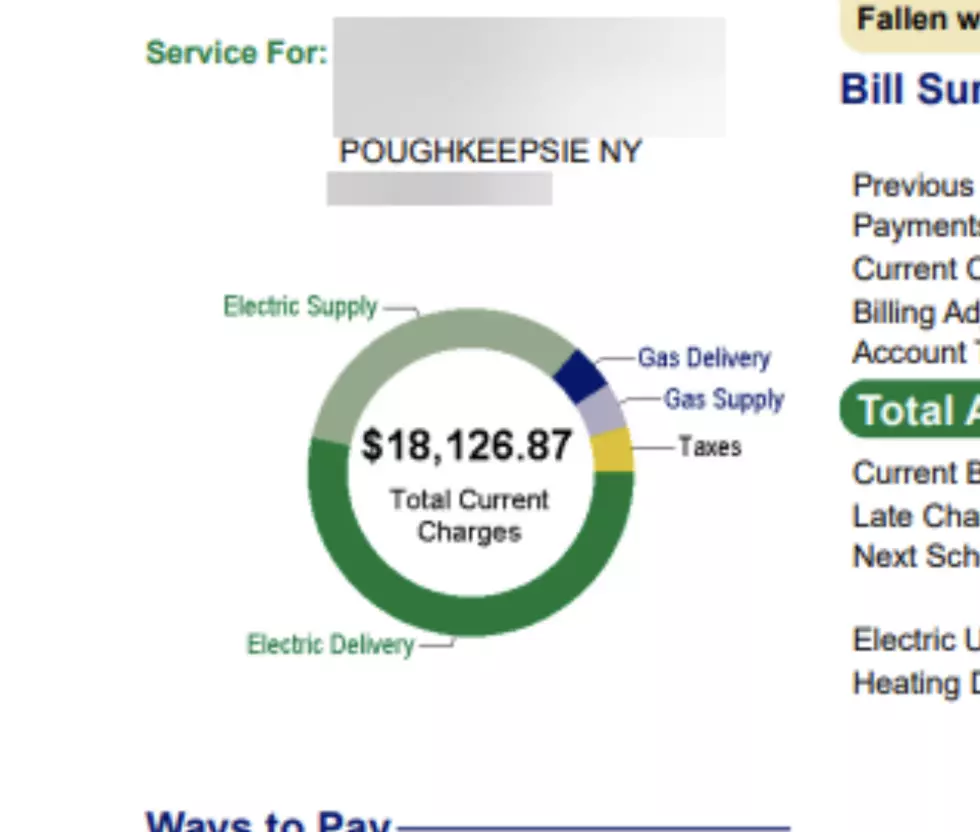
Survey Shows Most of Us Switched Service Providers Last Year — Dollars and Sense
If you’re so happy with your bank, wireless provider and pay TV service that you didn’t switch providers last year, a new study says you’re in the minority.
The Accenture 2011 Global Consumer Research Study notes, “Only an average of one in four consumers feels ‘very loyal’ to his or her providers across industries, and just as many profess no loyalty at all. Furthermore, two-thirds of consumers switched providers in at least one industry in the past year due to poor customer service.”
People didn’t switch just to see if the grass was greener on the other side of the fence — they were actually dissatisfied with the service they were getting. When survey respondents were asked what frustrates them most about providers, the most popular response was “having the company deliver something different than what they promise upfront.”
And it seems they have more choices now, too. According to Accenture data, last year saw a 5 percent increase in the number of wireless phone, cable TV, and gas and electric utilities services.
But banks may be the most unpopular institutions of all. Roughly 5.6 million Americans switched banks during the last three months of 2011, including 610,000 who did so on Bank Transfer Day or shortly thereafter to protest new debit card fees. Bank of America in particular took a big hit — when it tried to start charging a $5 monthly fee for using its debit cards, it saw a 20 percent increase in account closings during the fourth quarter of last year.
That said, analysts label some of the people who frequently switch service providers as “commitment-phobic.” Studies show they’re more likely to be renters than homeowners, they lease cars instead of buying, and they don’t yet have kids — all in an effort to avoid commitment.
Regardless, the report warns, “Old ways of courting and trying to retain customers are no longer enough. Companies that use customer insights to identify their blind spots and then develop new capabilities to overcome them are likely to have an edge as they strive for high performance.”
[Time]
More From WIBX 950






![How Much Money Do You Spend Each Day? [POLL]](http://townsquare.media/site/241/files/2013/11/Money.jpg?w=980&q=75)

